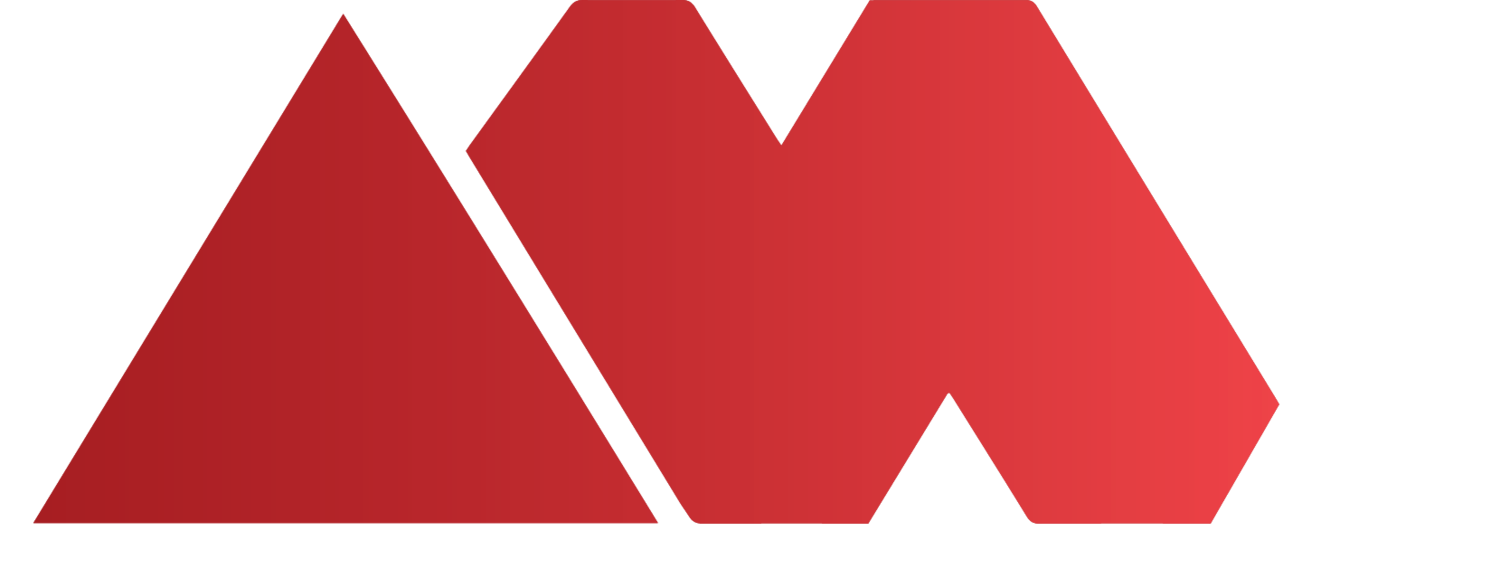As we advance into 2024, the landscape of artificial intelligence continues to evolve rapidly, with generative AI at the forefront of this technological revolution. For experts and industry leaders, mastering the nuances of generative AI is not just a competitive edge but a necessity. This blog delves into the essential skills and resources required to harness the full potential of generative AI technologies in a corporate setting.
Understanding the Core Technologies
1. Deep Learning Proficiency: At the heart of generative AI are neural networks, particularly deep learning architectures like transformers, which power models like GPT (Generative Pre-trained Transformer) and DALL-E. Leaders must understand the basics of these technologies and stay abreast of the latest developments. Advanced courses in neural networks, offered by platforms such as Coursera or MIT OpenCourseWare, can provide the deep dive needed.
2. Data Science and Analytics: Generative AI feeds on data. A robust grounding in data science is essential to understand how data can be used to train, fine-tune, and evaluate generative models effectively. Leaders should be proficient in statistical analysis, data manipulation, and visualization to make informed decisions based on model outputs.
3. Hardware Understanding: The hardware on which these models are trained, such as GPUs (Graphics Processing Units) and TPUs (Tensor Processing Units), significantly affects their efficiency and capabilities. Knowledge of the hardware landscape can aid in optimizing model training and operational deployment.
Skills in Application and Strategy
4. Ethical AI Implementation: With great power comes great responsibility. As generative AI models become more capable, ethical considerations must be at the forefront of any AI strategy. This includes understanding bias in AI, data privacy laws, and the potential societal impacts of deployed AI models. Leaders should be prepared to implement frameworks and guidelines for ethical AI use within their organizations.
5. Integration and Scaling: Deploying generative AI isn't just about having a model; it's about integrating that model into existing systems and workflows. Leaders must be adept at integrating AI technologies with IT infrastructure, ensuring scalability, and maintaining system robustness against increased load.
6. Innovation Management: Generative AI can be a source of innovation, creating new opportunities for product development, customer interaction, and business model reinvention. Leaders must be able to identify these opportunities and leverage AI to drive business growth and innovation.
Continuous Learning and Adaptation
7. Staying Updated with AI Research: AI is one of the fastest-evolving research areas. Regularly reading journals such as JMLR (Journal of Machine Learning Research), attending conferences like NeurIPS, and participating in workshops can inform leaders of the latest research breakthroughs and technological advancements.
8. Networking and Collaboration: Building and maintaining a network of AI experts, both within and outside the industry, can provide insights and collaborative opportunities that enhance understanding and application of AI technologies. This can be achieved through professional groups, online communities, and AI-focused events.
9. Leadership in AI Governance: As AI technologies become central to business operations, leaders must also focus on governance. This includes setting clear policies for AI use within the organization, overseeing the creation of AI safety and security measures, and ensuring compliance with international standards and regulations.
Implementing a Culture of Innovation
10. Fostering a Culture of AI Literacy: Leaders must cultivate an environment where their teams are encouraged to gain AI literacy to excel in generative AI truly. This involves providing training resources, creating mentorship programs, and promoting a culture of experimentation and feedback.
11. Resource Allocation for AI Projects: Effective leadership in AI requires strategic resource allocation. This includes budgeting for AI initiatives, investing in the right talent and technologies, and ensuring sufficient resources for ongoing training and development of AI systems.
12. Measuring Impact and ROI: Finally, leaders must develop metrics to measure the impact of AI initiatives on business performance. This involves setting benchmarks for success, monitoring AI-driven projects for efficiency and effectiveness, and adjusting strategies based on performance data.
Mastering generative AI in 2024 is not merely about technical understanding; it's about fostering a holistic approach encompassing technical expertise, strategic thinking, ethical considerations, and continuous innovation. For industry leaders, the journey toward AI mastery is not a solo endeavor but a collective effort that requires nurturing talent, embracing change, and leading with foresight and responsibility. As we embrace this transformative technology, the potential to reshape industries and redefine the competitive landscape is immense.








